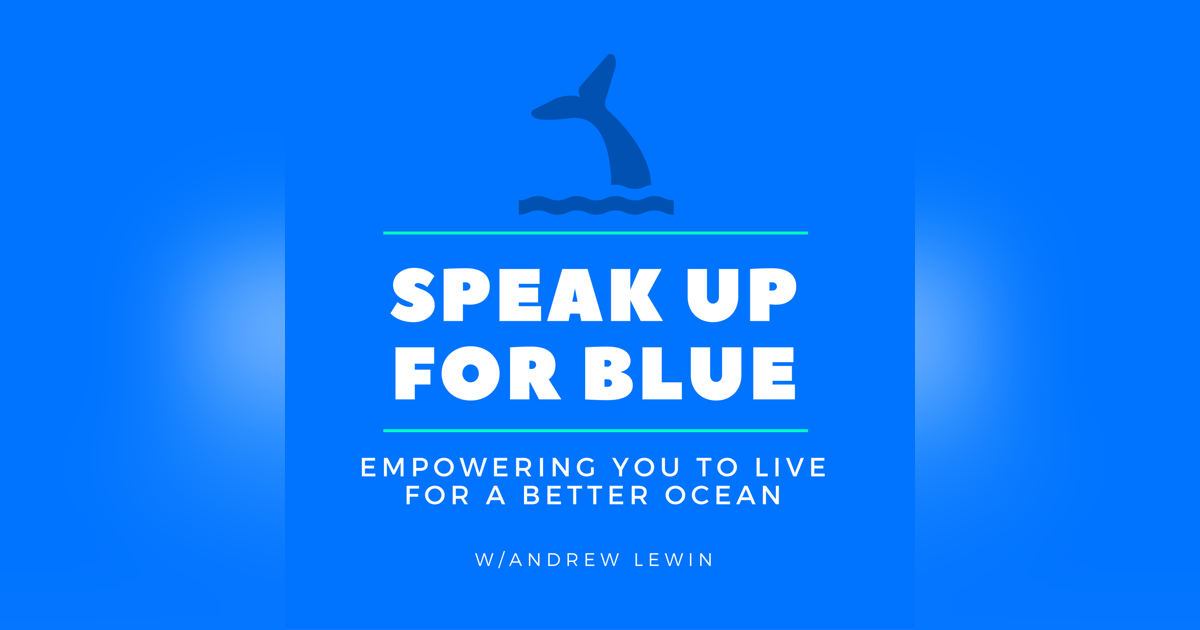SUFB 668: Northern Right Whale Calf Spotted In US Waters

The Conservation community is feeling optimistic after a . This is great news as this is the first time a Northern Right Whale calf has been spotted in over a year. A Promising 2018 After A Tough 2017 There were 17 deaths in 2017 (12 in Canada...
The Conservation community is feeling optimistic after a Northern Right Whale Calf was spotted in the warm waters of the Atlantic Ocean at the mouth of St. John's River along the border of Florida and Georgia. This is great news as this is the first time a Northern Right Whale calf has been spotted in over a year.
A Promising 2018 After A Tough 2017
There were 17 deaths in 2017 (12 in Canada and 5 in the US) due to fishing gear entanglement or ship strikes. Those are not great numbers for the Endangered population as there are an estimated 411 individuals remaining with less than 100 reproductive females.
This past year was better as there were no recorded deaths Northern Right Whales meaning management measures in Canada's Gulf of St. Lawrence are working.
Not Out Of The Woods Yet
The evidence this new calf brings to the conservation community is terrific; however, the species is not out of the woods yet. Northern Right Whales used to have approximately 20 or more calves per season; therefore, one calf does not show a sustainable population.
The fact remains that the Northern Right Whale population is still prone to ship strikes, fishing gear entanglement and now a new pressure has been thrusted upon them: oil and gas exploration.
The US Government recently approved exploration within the US EEZ that is within the migration route of the Northern Right Whale Migration Route. Oil and Gas exploration includes the use of seismic instrumentation to detect oil pockets below ground at the bottom of the continental shelf. The noise emitted by the seismic surveys are harmful to the hearing of many whales, which can affect their hearing.
Whales rely on their hearing to listen for instructions from the rest of their pods communicating with them for detecting food, danger and other important social cues.
The conservation community is optimistic by this new calf; however, we know that there is still a long way to go to improve the population.
Enjoy the Podcast!!!
Share Your New Year's Resolutions To Live For A Better Ocean In Our Facebook Group: http://www.speakupforblue.com/group
Want to get started on living for a better Ocean? Sign up for the Grove Collaborative and get a free gift: http://www.speakupforblue.com/goocean.













